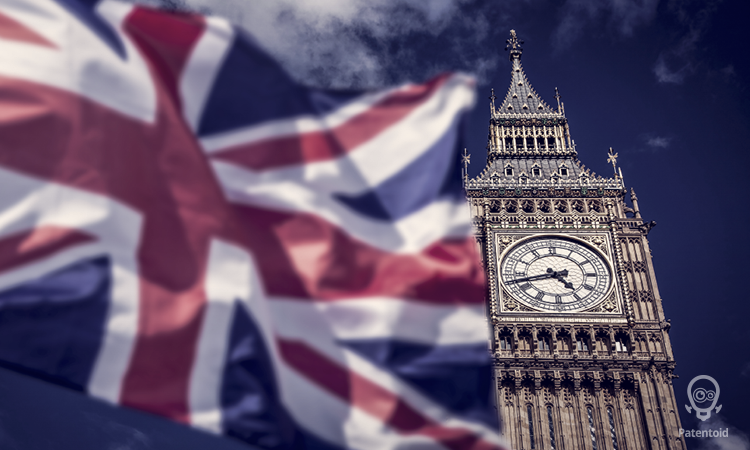Types of Trademarks in The United Kingdom

The UK Trademarks Act of 1994 defines a trademark as any sign which is capable of being represented in the register in a manner which enables the registrar and other competent authorities and the public to determine the clear and precise subject matter of the protection afforded to the proprietor. It also enables these groups of persons to distinguish goods or services of one undertaking from those of other undertakings.
Simply put, trademarks are symbols, words, phrases or sounds that identify a brand as well as the source of its goods or services.
Trademarks in the UK may include:
- Words - Trademarks may be in the form of brand names, phrases or slogans. Well known examples include Nike® and its slogan “Just Do It®”
- Sounds - Trademarks could also come in form of sounds such as McDonalds® - "I'm loving it"3
- Logos - A perfect example of this is the popular adidas® three stripes.
- Colours - Trademarks could be in form of plain colours such as 3M® - Canary yellow (as applied to Post-it® notes)
- Shapes: Such as Fender Musical Instruments Corporation®’s mark or
- a combination of the above mentioned items
Important things to note about trademarks
A trademark must not:
- Be offensive, for example contain rude or explicit content.
- Describe the goods or services it will relate to, for example the word ‘cotton’ could not be a trademark for a cotton textile company.
- Be misleading, for example, use the word ‘organic’ on goods which are not organic.
- Be a three-dimensional shape associated with your trade mark, for example, the shape of an egg for eggs.
- Be too common and non-distinctive, for example, a simple statement like ‘we lead the way’.
- Look too similar to state symbols like flags or hallmarks.
Stages of a UK Trademark Application
If you’re looking to register a trademark application for your business in the UK, then you should consider the following:
Application - the submission or filing stage of a trade mark.
Publication/advertisement - publication occurs where a trade mark application has passed through examination and has been approved and deemed eligible for registration. Information regarding the acceptance of any application is confidential until publication. The publication stage comprises a two month period during which interested parties are permitted to oppose the registration. The duration of publication may be extended upon request for a further one month period.
Registration - The registered applications are those that scaled through examination and opposition of the trademark application..
In force - Registered trademarks are maintained once everyten years through payment of renewal fees. Trademarks do not have limitation of their lifespan as long as maintenance fees are paid when due. The first ever trade mark to be filed at the UK Intellectual Property Office was for Bass Pale Ale® in 1876. its quite incredible that this trademark exists till this day.
As a serious brand owner and business person, you should consider protecting your trademarks to avoid being misrepresented, and to maintain the
authenticity of your brand. Feel free to reach out to us, we will be happy to assist in making your trademark registration process a seamless one.



